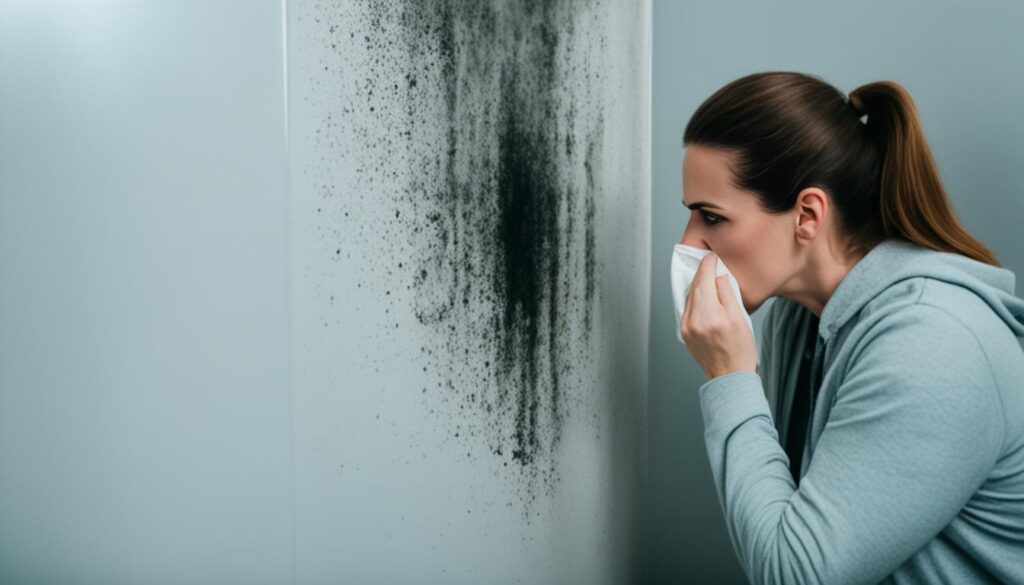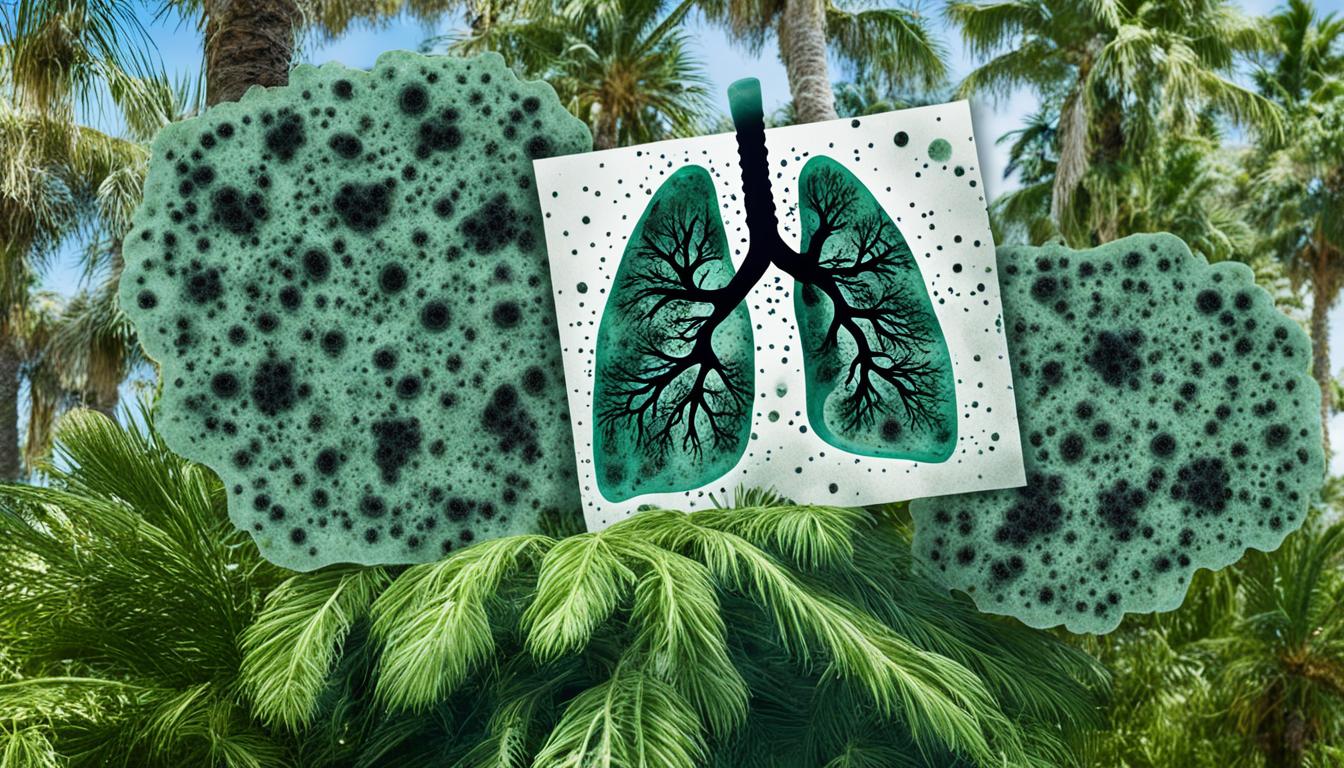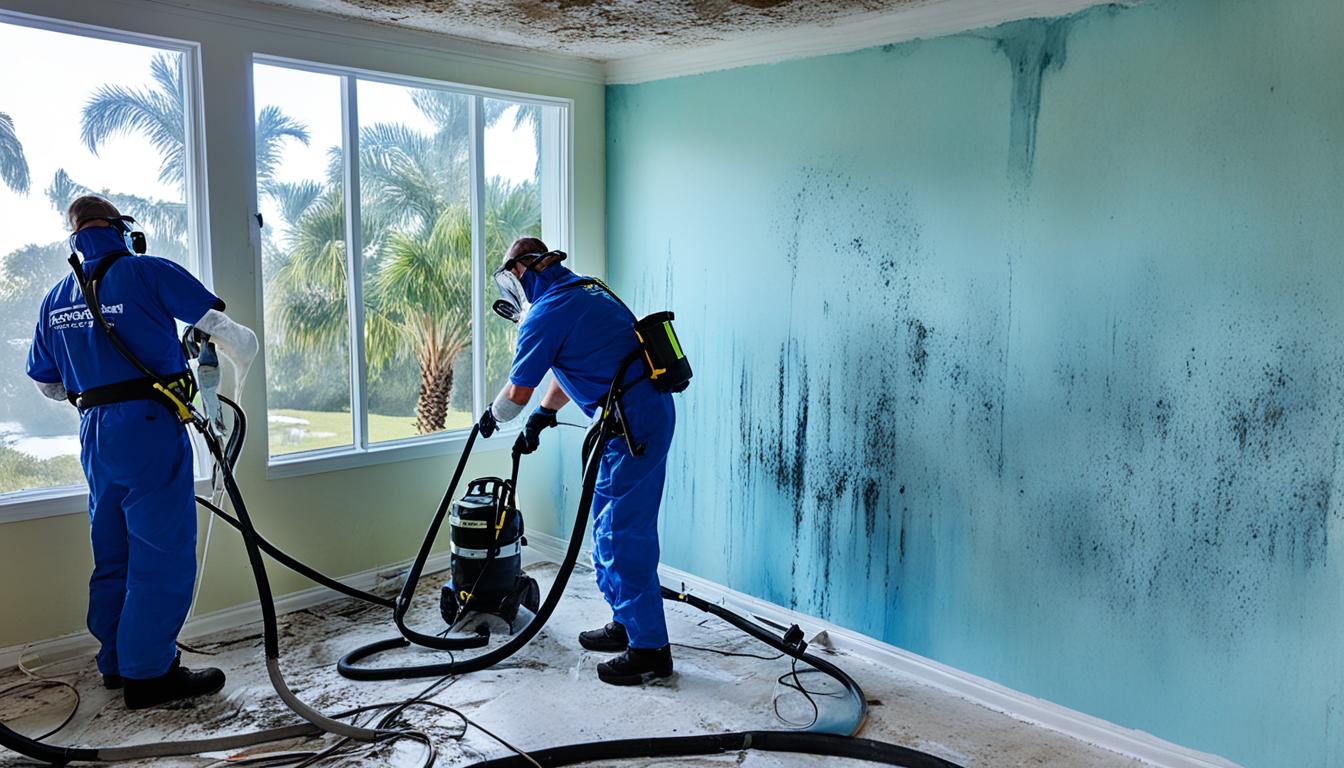
Mold Exposure Symptoms in Florida Adults
In Florida, mold exposure is a common concern that can have significant health implications for adults. Being aware of the symptoms associated with mold exposure is crucial for protecting your well-being. Whether it’s in your home or workplace, recognizing these symptoms promptly can help you take appropriate measures and seek necessary medical attention, if needed.
Exposure to mold can lead to a range of symptoms that vary from person to person. Some individuals may experience respiratory issues such as coughing, wheezing, or shortness of breath. Others may encounter nasal congestion, sneezing, or a runny nose. Additionally, mold exposure can trigger allergies, causing skin rashes, itching, or eye irritation.
Florida’s warm and humid climate creates an environment where mold can thrive. In such conditions, it’s essential for adults to actively monitor their indoor spaces for signs of mold and take proactive steps to prevent its growth.
Key Takeaways:
- Being exposed to mold can have adverse effects on the health of Florida adults.
- Common symptoms of mold exposure in adults include respiratory issues, allergic reactions, and skin irritations.
- Florida’s warm and humid climate creates an environment conducive to mold growth.
- Regular monitoring of indoor spaces and taking preventive measures can help mitigate the risks of mold exposure.
- If you suspect mold in your home or workplace, consider seeking professional assistance for mold assessment and remediation.
Health Risks of Mold Exposure
Mold exposure can have significant health risks, especially for adults. When individuals are exposed to mold, it can lead to various adverse effects on their health. It is crucial to understand these risks in order to take necessary measures to prevent and address mold-related issues effectively.
Exposure to mold can trigger allergic reactions in some individuals, leading to symptoms such as sneezing, nasal congestion, coughing, and wheezing. These respiratory symptoms can be particularly problematic for individuals with pre-existing respiratory conditions, such as asthma or chronic obstructive pulmonary disease (COPD).
In addition to respiratory symptoms, mold exposure can also cause skin irritations, such as rashes, itching, and redness. Individuals with sensitive skin may be more susceptible to these reactions.
Furthermore, prolonged exposure to mold can contribute to the development or worsening of respiratory conditions. Studies have indicated that mold exposure is associated with an increased risk of respiratory infections, bronchitis, and even asthma attacks.
In some cases, mold exposure can also result in neurological symptoms, including headaches, fatigue, difficulty concentrating, and memory problems. These symptoms can significantly impact an individual’s daily life and overall well-being.
“Mold exposure can lead to various adverse health effects, including respiratory symptoms, skin irritations, and neurological symptoms.”
It is worth noting that the severity and specific health risks associated with mold exposure can vary depending on factors such as the type and amount of mold present, the duration of exposure, and an individual’s overall health and susceptibility.
To gain a better understanding of the health risks posed by mold exposure, let’s take a look at the following table that highlights some of the common health effects:
| Health Risks of Mold Exposure | Description |
|---|---|
| Allergic reactions | Mold spores can trigger allergies, causing symptoms like sneezing, coughing, and nasal congestion. |
| Respiratory infections | Prolonged exposure to mold can increase the risk of developing respiratory infections, such as bronchitis. |
| Asthma attacks | Individuals with asthma may experience worsened symptoms and more frequent asthma attacks due to mold exposure. |
| Skin irritations | Exposure to mold can lead to skin rashes, itching, and redness, particularly in individuals with sensitive skin. |
| Neurological symptoms | Mold exposure has been associated with headaches, fatigue, difficulty concentrating, and memory problems. |

By understanding the potential health risks of mold exposure, individuals can take proactive steps to prevent and address mold-related issues in their homes and workplaces. Regular inspections, prompt remediation of any mold growth, and improving ventilation and moisture control are essential in reducing the risk of mold-related health problems.
In the next section, we will delve into the most common symptoms experienced by adults in Florida who have been exposed to mold, providing valuable insights into identifying and addressing potential mold-related health concerns.
Common Symptoms of Mold Exposure in Florida Adults
Exposure to mold can have a range of health effects on adults, particularly in the state of Florida. It is important to be aware of the common symptoms associated with mold exposure, as early detection can help prevent further complications. Here are some of the most frequently reported symptoms experienced by adults in Florida:
- Allergic reactions: Many adults exposed to mold develop allergic reactions such as sneezing, coughing, and itchy eyes. These symptoms may resemble those of seasonal allergies, but they persist or worsen over time.
- Respiratory problems: Mold exposure can trigger or exacerbate respiratory conditions, including asthma and bronchitis. Adults may experience difficulty breathing, wheezing, and chest tightness.
- Headaches: Persistent or recurring headaches are often reported by individuals exposed to mold. These headaches can range from mild to severe and may be accompanied by dizziness or nausea.
- Fatigue: Mold exposure can cause chronic fatigue and a general feeling of low energy. Adults may find it difficult to concentrate or perform daily tasks due to this persistent fatigue.
- Skin irritation: Mold spores in the air or on surfaces can cause skin irritation and rashes. Adults may experience itching, redness, or dryness on their skin after exposure.
If you or someone you know in Florida is experiencing any of these symptoms, it is important to consult a healthcare professional for a proper diagnosis and treatment. While these symptoms may indicate mold exposure, they can also be caused by other factors. A healthcare professional can help identify the underlying cause and recommend appropriate interventions.
It is crucial to address mold-related health concerns promptly and take necessary steps to mitigate further exposure. Early detection and intervention can help minimize the potential risks associated with mold exposure.
If you suspect mold contamination in your home or workplace, it is advisable to contact a professional mold remediation service like Mold Busters at 123-456-7890 for a thorough inspection and remediation plan. Remember, your health and well-being should always be a priority.

Know the symptoms, seek professional help, and create a safe and healthy environment for yourself and your loved ones.
| Symptoms | Description |
|---|---|
| Allergic reactions | Sneezing, coughing, itchy eyes |
| Respiratory problems | Asthma, bronchitis, difficulty breathing |
| Headaches | Recurring headaches, dizziness, nausea |
| Fatigue | Chronic fatigue, low energy |
| Skin irritation | Itching, redness, dryness |
Conclusion
In conclusion, mold exposure poses significant health risks to adults in Florida. It is crucial to recognize the common symptoms associated with mold exposure to safeguard yourself and your loved ones from potential health complications. By remaining vigilant and taking proactive measures, you can protect your health and well-being.
If you suspect mold in your home or workplace, it is recommended to seek professional assistance for a thorough mold assessment and appropriate remediation measures. Fix Mold Miami, a trusted service provider in the area, offers expert assistance. You can contact them at 305-465-6653.
Remember, prioritizing your health should be of utmost importance when it comes to mold exposure. Stay informed about the potential risks, educate yourself about the symptoms, and take necessary steps to mitigate any mold-related issues. Your well-being matters.




